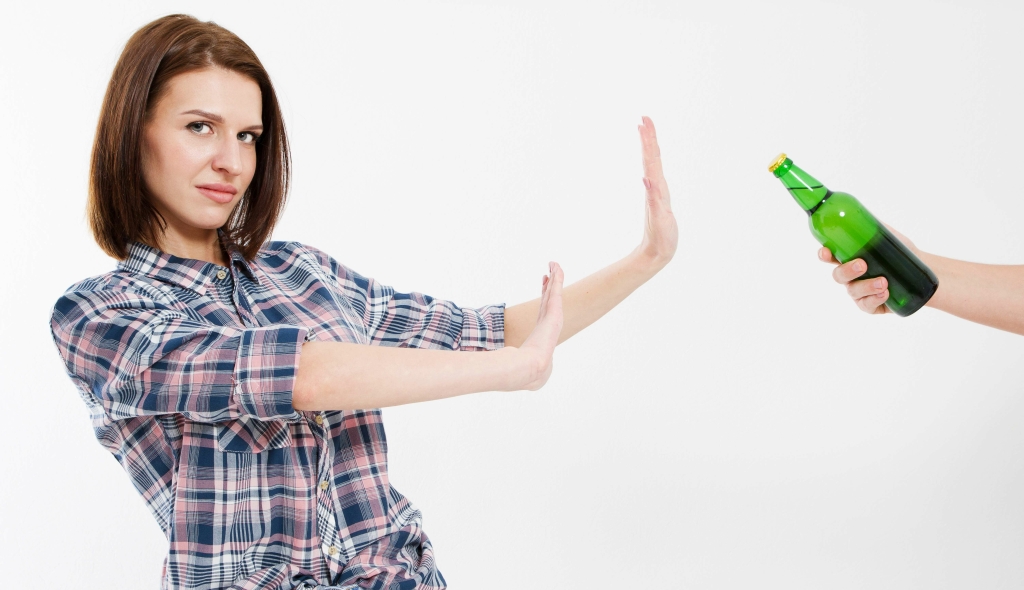Then, you can take action towards improving your mental health, whatever that may look like for you. MICHAEL D. STEIN received his MD from Columbia College of Physicians and http://buznec.com/firm/nakbizgroup/7/104/ Surgeons. He is professor of medicine and community health at Brown University Medical School and director of the Substance Abuse Research Unit at Rhode Island Hospital.
- It helps people understand events and thought processes that lead to depression and substance misuse.
- These clinics can help someone go through the withdrawal process with medical supervision.
- Alternatively, clinicians may choose to recommend at least temporary periods of abstinence for their depressed patients.
- And states like Florida and Virginia are now spending record amounts on mental health services.
- Increased anger might lead you to pick a fight with a loved one, for example, while extreme sadness or self-loathing could lead to intense depression symptoms.
- When it comes to diagnosing an alcohol use disorder and a major depressive disorder, it’s important to address them simultaneously, as they can significantly impact your recovery.
Factors That Can Worsen Your Depression
Similarly, major anxiety disorders usually are apparent before age 30, and although major depressive disorders often have a later onset, they too are frequently observed before age 30. Similarly, in the absence of clear evidence of a long-term major anxiety disorder that predates the onset of alcoholism or that remains intense after an extended period of abstinence, few indications exist for using medications related to anxiety for alcoholics. Panic attacks that are likely to develop during alcohol withdrawal are also likely to diminish in frequency and intensity on their own without medications (Schuckit and Hesselbrock 1994). These disorders are characterized by disrupted mood (e.g., low, numb, or irritable), along with an array of cognitive (e.g., feelings of worthlessness and difficulty concentrating) and physical (e.g., fatigue and lack of energy) symptoms.
- Any amount of alcohol use that causes physical, emotional, and/or interpersonal consequences or distress can be defined as risky use.
- For other, including those who might have begun drinking to manage depression, it can take months or longer to improve.
- However, alcohol can make these feelings and other symptoms worse over time, perpetuating the cycle of alcohol consumption and depression.
Relationships, mental health support make a difference
If not treated, alcohol use disorder can become a life-long struggle. Almost 30 percent of Americans will experience alcohol use disorder at some point in their lifetimes. Individuals with alcohol use disorder may drink too much alcohol, too often. It’s not a simple HRT or no HRT question; there are different https://www.builditsmart.net/SmartHouse/smart-home types and different doses. Thirty-eight per cent of women who come to our clinic are on HRT already. We spend a lot of time working out the right absorption for the woman, the right dose, the right type, whether it’s oestrogen, progesterone, testosterone or a combination – and then waiting.
Reduce anxiety

These issues can create more anxiety as you cope with their symptoms. Occasionally unwinding with alcohol isn’t necessarily dangerous if your doctor approves. But http://medregion.biz/onkologija/sarkoma-kaposhi/index.html once you start drinking, you can build a tolerance to the de-stressing effects of alcohol. This can make anxiety and stress even more difficult to cope with.
- Alcohol can make depression worse and increase the side effects of some antidepressants.
- It is highly recommended for those struggling with depressive symptoms and/or alcohol use disorder to begin each day with mindfulness exercises.
- The more you drink, the more prone you are to deepening depression and the more likely you are to develop an alcohol use disorder, the clinical name for alcoholism.
Why You Feel Depressed After Drinking and How to Handle It

- When depressed or anxious alcohol-dependent people are asked their opinions about cause and effect, they often reply that they believe they drink in order to cope with their symptoms of sadness or nervousness.
- Your doctor will likely conduct a physical exam and a psychological evaluation.
- But alcohol doesn’t just damage the brain’s ability to regulate moods.
